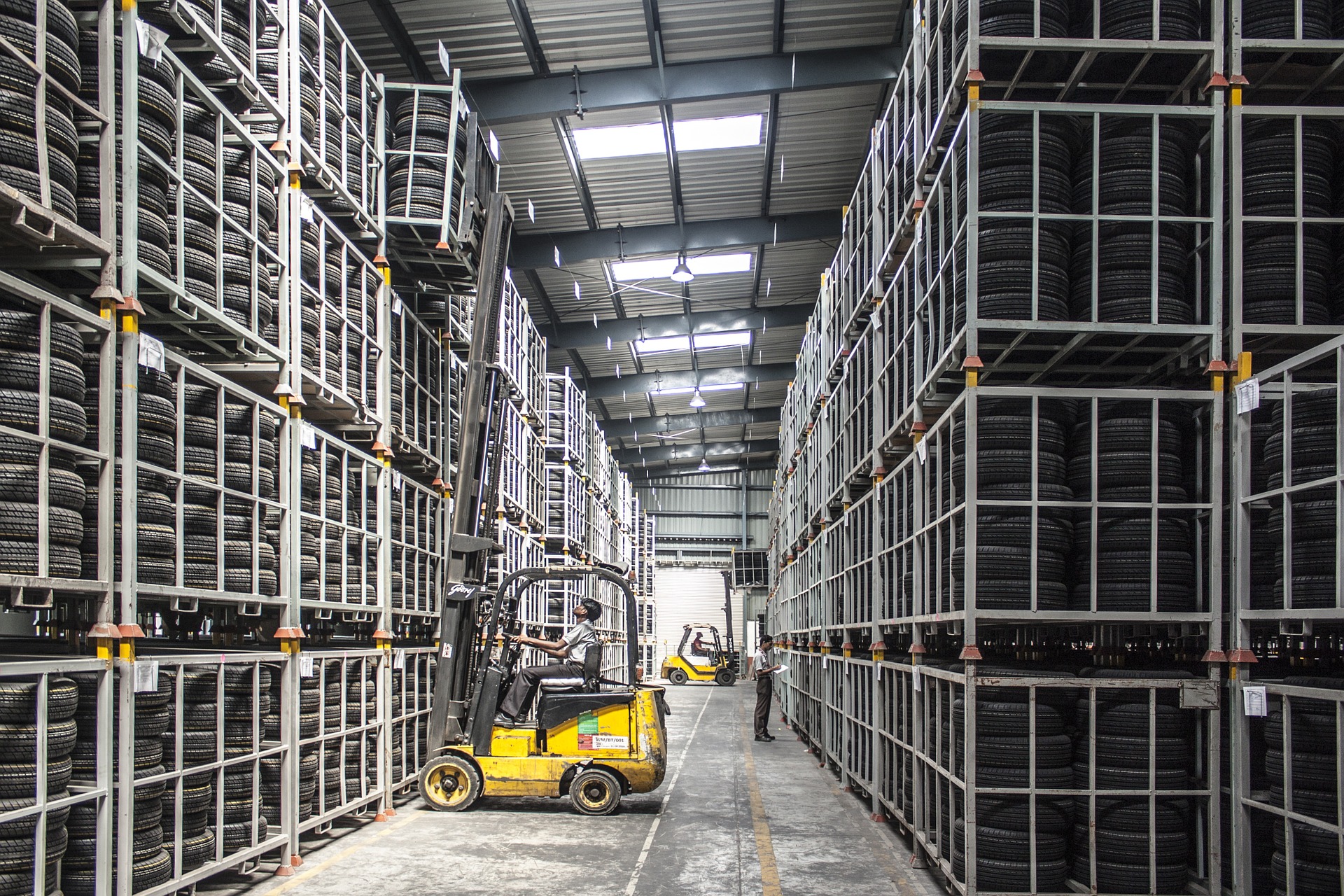China Plus One Strategy in Vietnam
- April 13, 2020
- Posted by: Gary Young
- Categories: Asia Sourcing, Highlight

Some of Avela’s previous blogs have discussed how Vietnam is on the fast track in developing its free market economy. This has made it one of the most dynamic emerging economies in the Asia Pacific region (APAC). The government has been aggressive in developing the Vietnamese industrial infrastructure while reducing regulatory obstacles to trade and investment.
One of the reasons for Vietnam’s ascendency as a manufacturing source is increasing manufacturing costs in China. This is a natural outgrowth of China’s free market economy, which is maturing. Wages are going up in China, so are real estate costs and taxes.
China still offers advantages in areas such as supply chain and infrastructure concerns, but as the country as a whole moves up the manufacturing value chain, Vietnam is well-positioned to fill niches where China is no longer competitive.
This has driven some Chinese manufacturers to outsource manufacturing for some of their production to Vietnam. In many cases, the manufacturers in China own the factories in Vietnam. This is the essence of the China Plus One (sometimes written as China +1, China + One or China Plus 1) strategy.
For investors, China Plus One presents an opportunity to diversify assets in the Asia Pacific Region, but what does it mean for manufacturing clients?
Well, from our standpoint, it’s generally good because it offers our clients more options, but like much of Asia, it’s complicated and there are dangers. Avela Corporation has been sourcing manufacturing in the Asia Pacific region for our clients since 2002, so we have a lot of sourcing experience in Asia to draw from.
A Chinese manufacturer with assets in Vietnam may be the best fit for a client’s needs. Such a China Plus One business model may yield satisfactory quality and pricing. Depending on the product, however, it may be more efficient to deal directly with a Vietnamese manufacturing source. There are factors to consider with Vietnamese manufacturing. For instance, does the source have supply Chain dependability in Vietnam to guarantee meeting hard delivery dates?
Another consideration, especially important during the current trade negotiations between the United States and China, is whether a Vietnamese source is just a shell company for a Chinese manufacturer to avoid prohibitive tariffs. There could be heavy penalties for the client if the customs agency determines this to be the case.
One of our services at Avela is to perform due diligence to understand business connections in Asia, which can often be confusing and secretive. We include a visit to the factory to verify manufacturer’s claims, and to establish the all-important personal business contact in Asia. We make sure that transactions are compliant with U.S. law as well as any applicable laws of the countries involved in the production process.
It is a very dynamic situation, however. The so-called trade war between the U.S. and China spurred a flurry of Chinese investment in Vietnam, especially in Vietnam’s Northern Industrial Zone on the border between the two countries. As of this writing, there seems to be some cooling of the once heated U.S.-Chinese trade talks. While the negotiations over trade are by no means resolved, this has taken some pressure off Chinese companies previously driven to consider China Plus One in anticipation of crippling tariffs. If they decide to draw back into China, Vietnam may become even more competitive as it works to replace that business.
Added to the dynamics, fallout from the worldwide coronavirus (COVID 19) crisis is causing some clients to reconsider their strategy of manufacturing in China. Vietnam may seem to be an attractive alternative to China Sourcing. This might be a rash reaction, however, as China’s supply chain is well-established and still provides the country with distinct advantages in many situations.
Regardless, Avela has a presence on the ground in Vietnam and is closely monitoring the situation so that our clients can make the best-informed decisions. Of course, other Asian countries offer additional options. We work for your company—not a particular manufacturer or country. We are happy to discuss your product and explore good fits for your manufacturing requirements.
